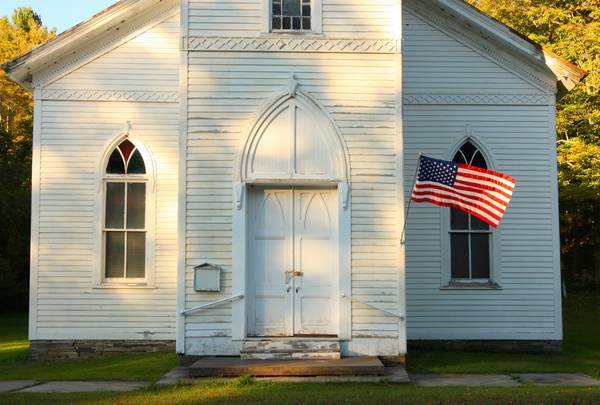
I had a chance to write for the Washington Post’s Acts of Faith newsletter for Easter Sunday. If you’re interested in the newsletter in general, I’ll share a link to signup in the comments section. Meanwhile, here’s what I wrote:
I’ve been thinking about inviting friends to my monthly Bible study. I love this group. We eat dark chocolate covered almonds with sea salt and drink tea and seltzer. We share high and low points from the previous month. And we open up Bibles (and Bible apps) and talk through our thoughts and questions and doubts and revelations as we read about Jesus. I want to invite others to join because I am so grateful for the spiritual growth, the friendship, the laughter, and the honesty I’ve experienced through this group.
But as I’ve considered inviting others, I’ve also realized how many barriers even this simple invitation—“Do you want to join us for Bible study?”—could erect. First, there’s the notion of “studying” the Bible, as if there might be a test involved. Then there’s the thought that many people don’t own Bibles, and even if they do, they might never have read them, or might have a translation that makes the stories inaccessible. When I did invite a friend to join our Bible Study and told her we were reading Mark, she responded that she didn’t know what “Mark” was or how to find it.
In one of his letters to the church in Corinth, Paul writes that Jesus will be a “stumbling block” to many. To Paul’s point, plenty of appropriate barriers get in the way of following Jesus. There’s the whole question of God’s existence, not to mention God’s existence in the form of a Jewish carpenter who died and rose again. Jesus also calls his disciples, then and now, to leave everything behind and follow him. He calls people to turn away from sin and self. Submitting to Jesus as Lord presents a legitimate barrier to entering into the Christian fold, an appropriate “stumbling block.”
But when I use phrases like “Bible Study” and make reference to “Mark” or other unfamiliar ancient texts, I’m erecting unnecessary barriers. When people come to church for the first time all year on Easter Sunday and don’t know how to look up a hymn or when to kneel or what to do during communion or why “confession” is a part of the “good news” about Jesus, we have erected unnecessary barriers. When a new person comes to a church service and no one says hello, we have erected an unnecessary barrier. When Christians condemn people outside the church for their sexual decisions, or their political affiliation, we have erected unnecessary barriers. When Christians use insider language like “sin nature” or “repentance” or “worship,” without explaining what we mean, we have erected unnecessary barriers.
On Easter morning, Christians proclaim the radical notion that God became man out of love for human beings, eradicated the power of sin and death through succumbing to brutal torture and execution, proved the conquering power of love through rising from the dead, and finally offered that same power and new life to all who turn to him in faith. Those propositions are each stumbling blocks in their own way. The Biblical writers invite us not to stumble over language or culture or politics, but over Jesus, that he might become the capstone of our lives.


